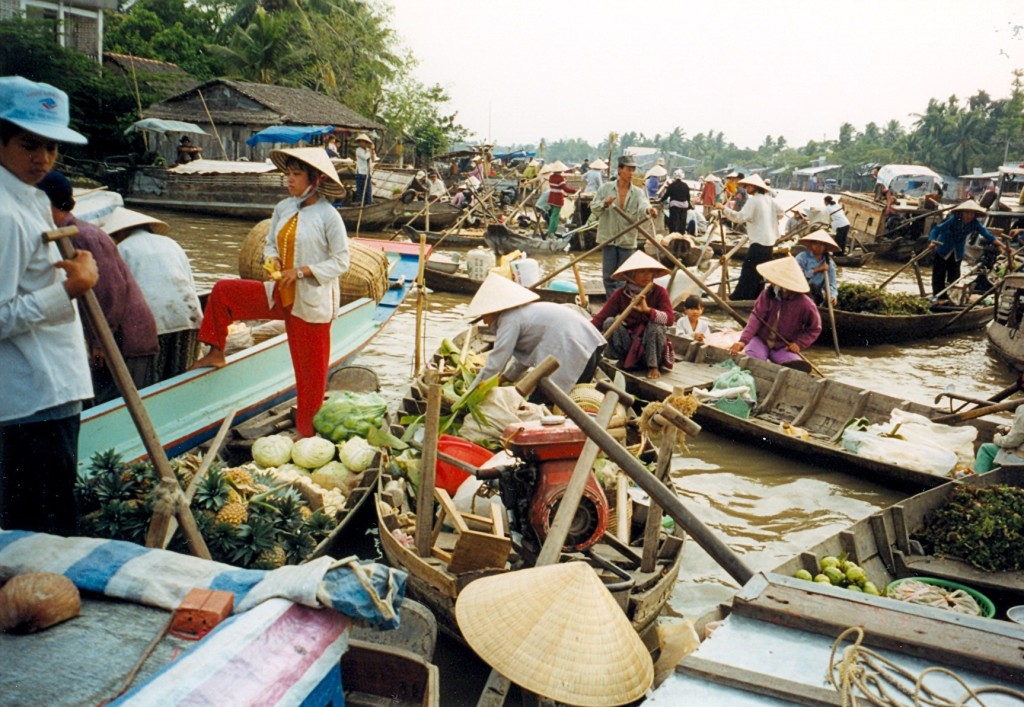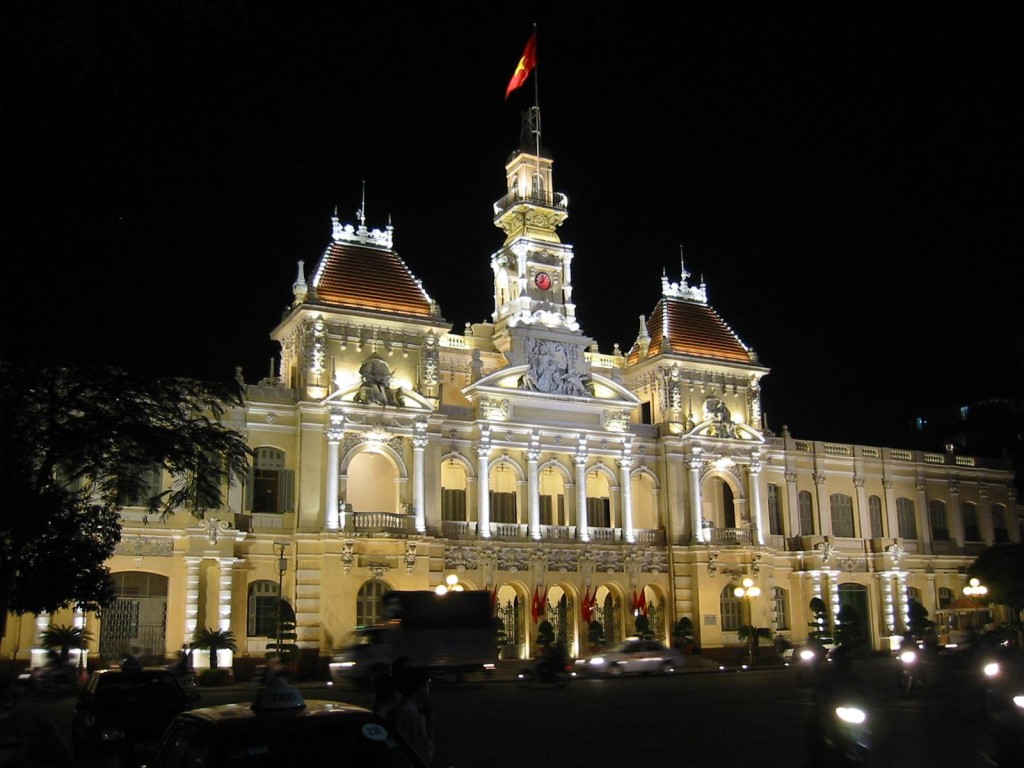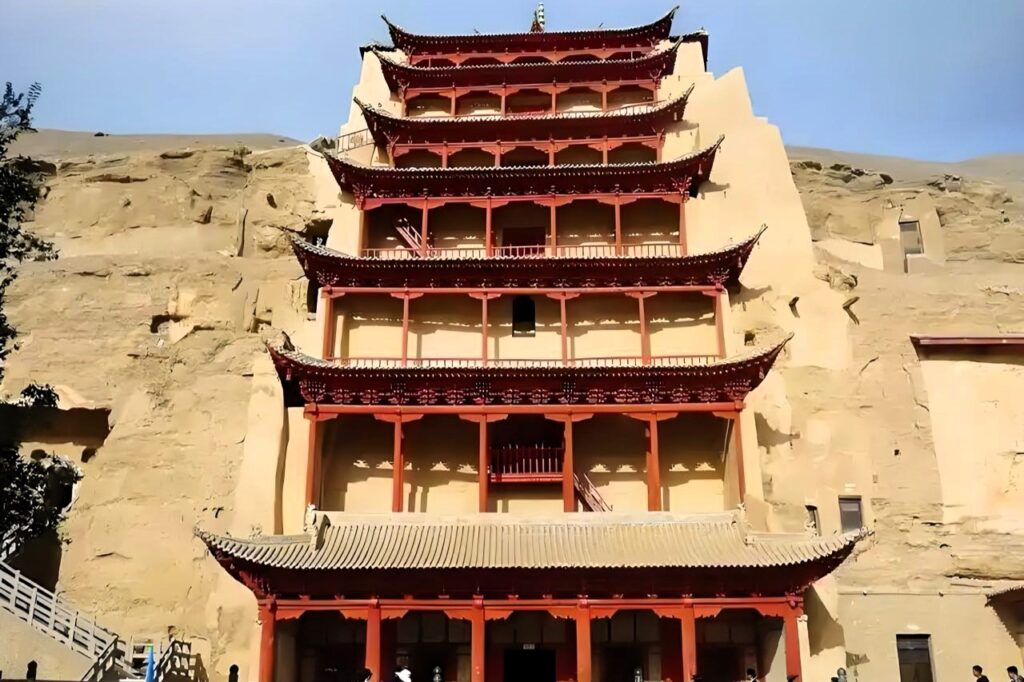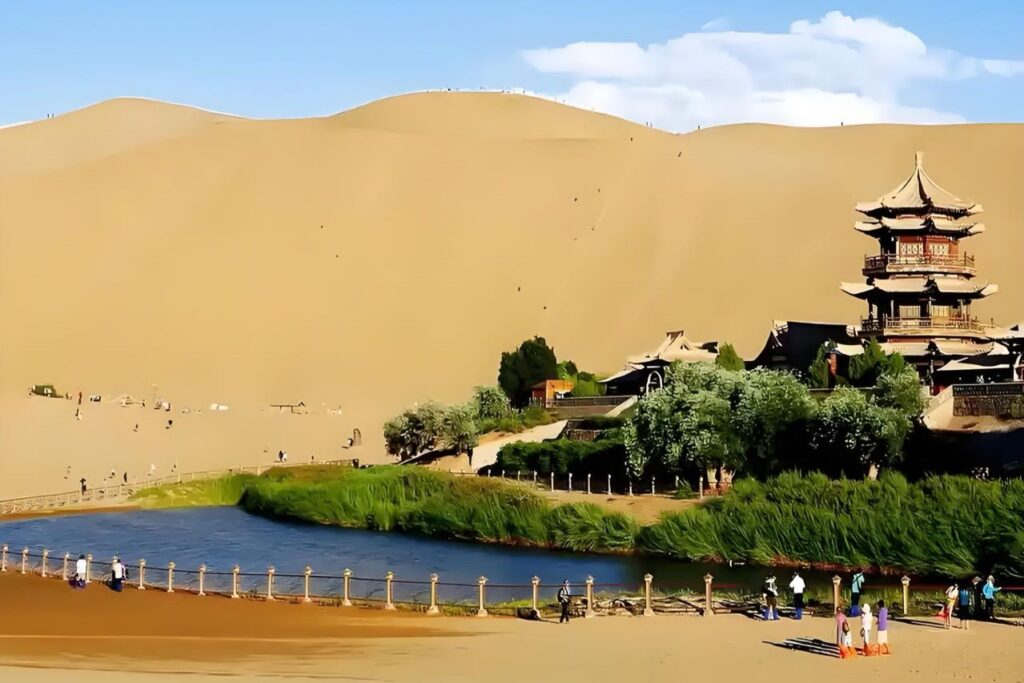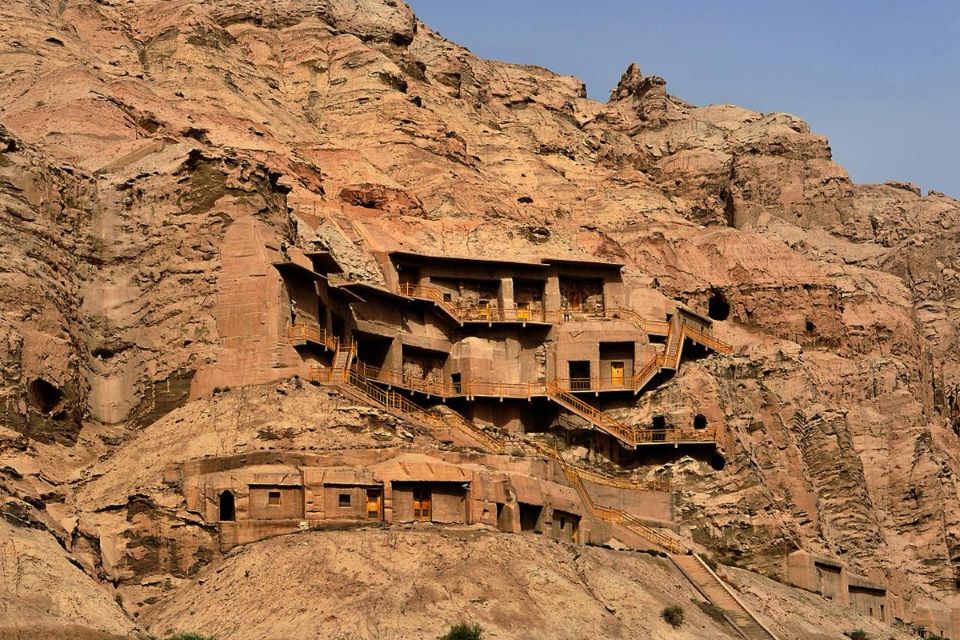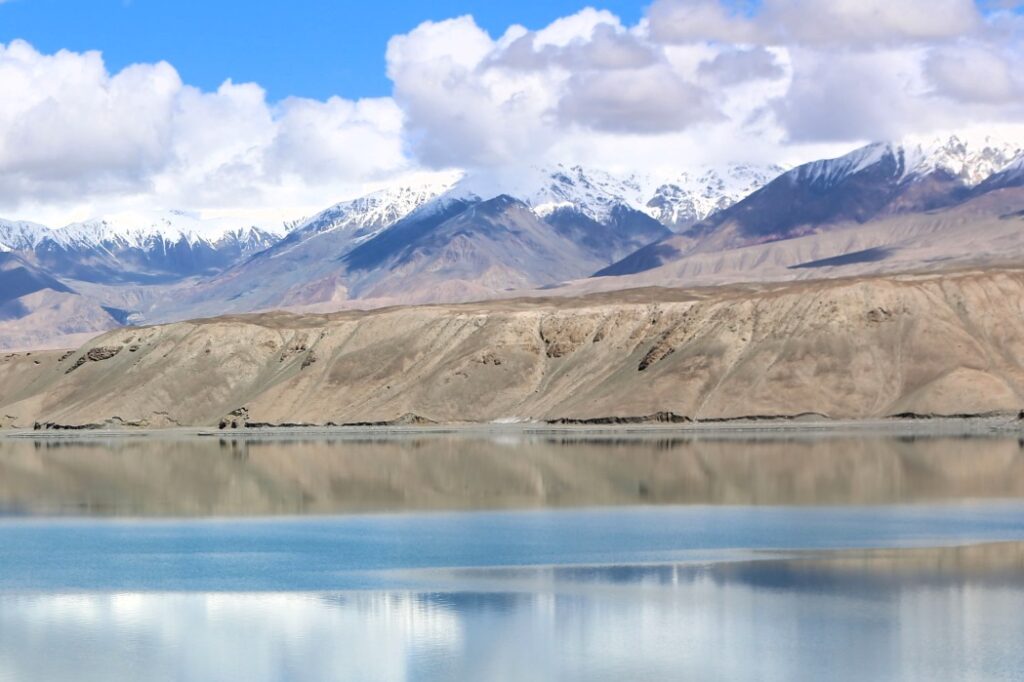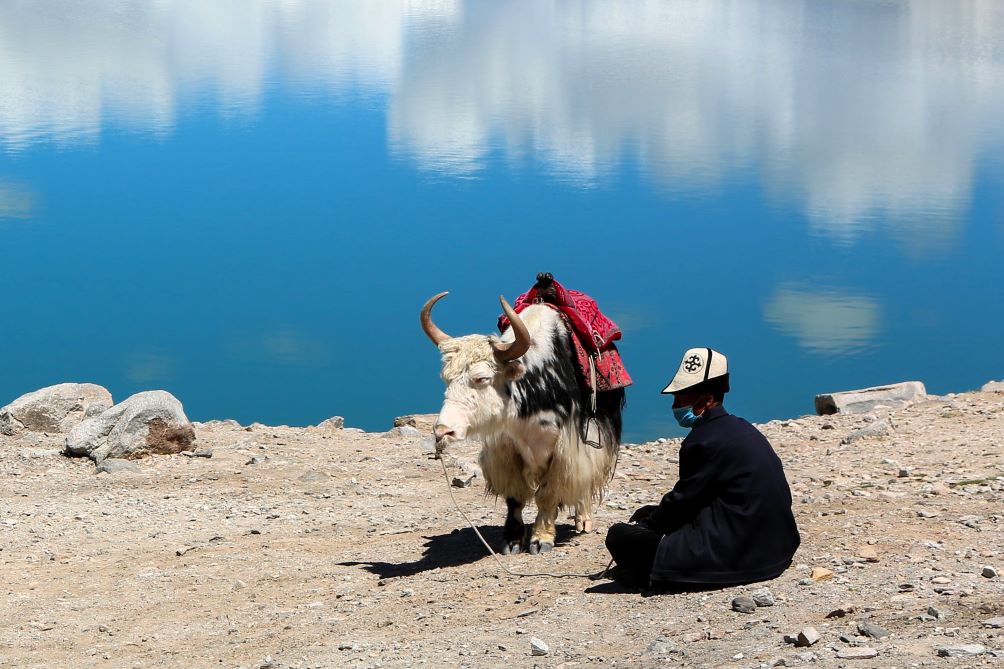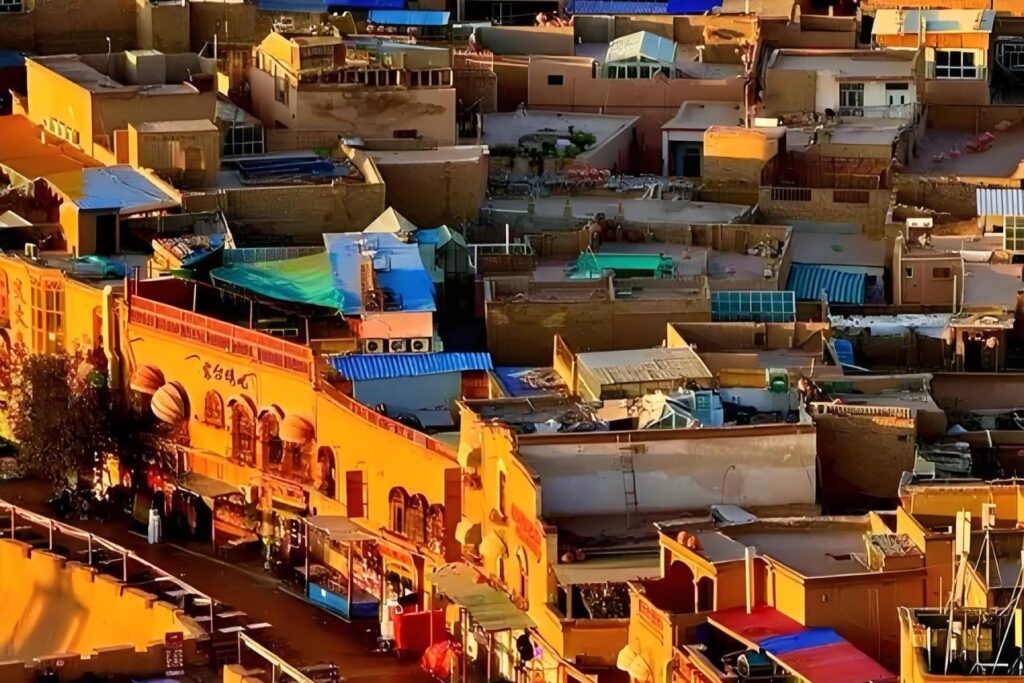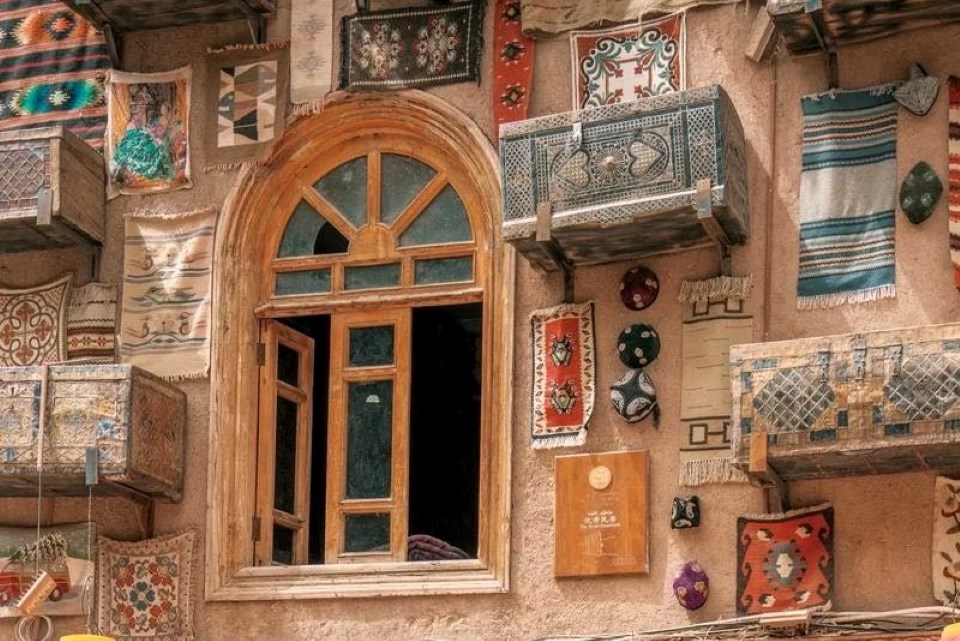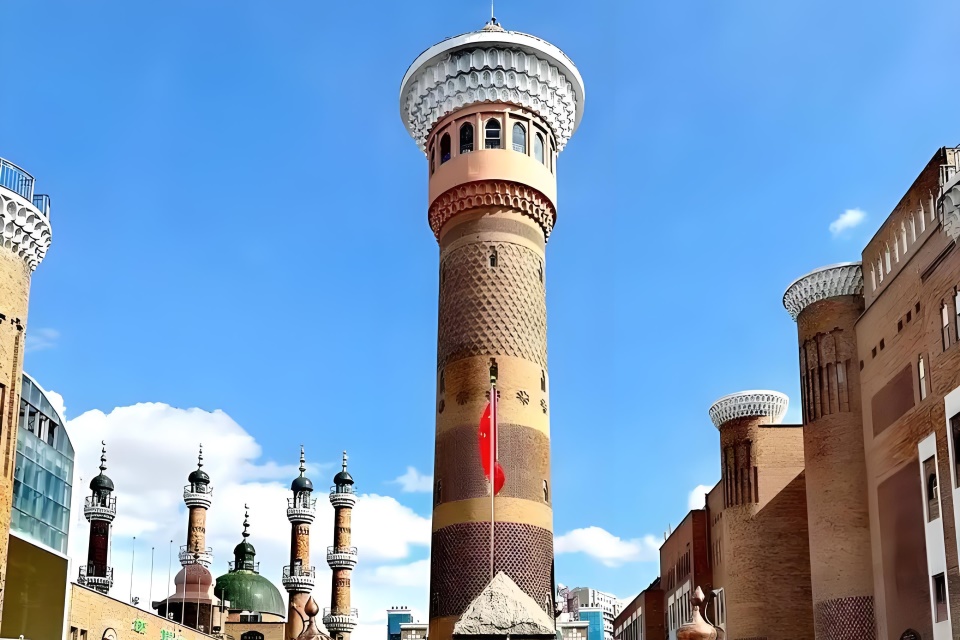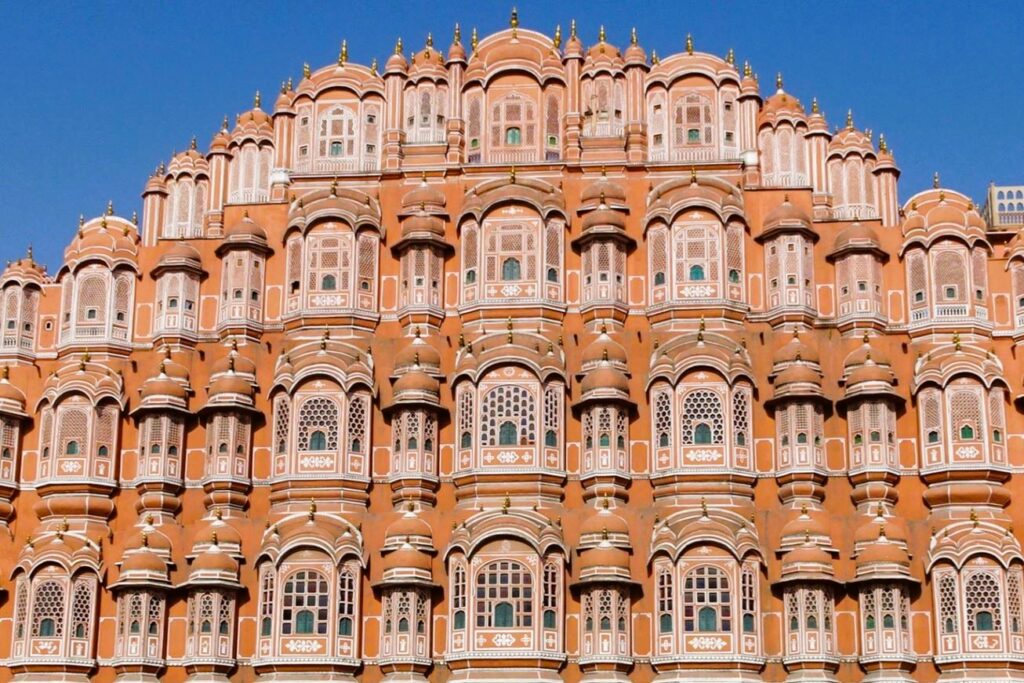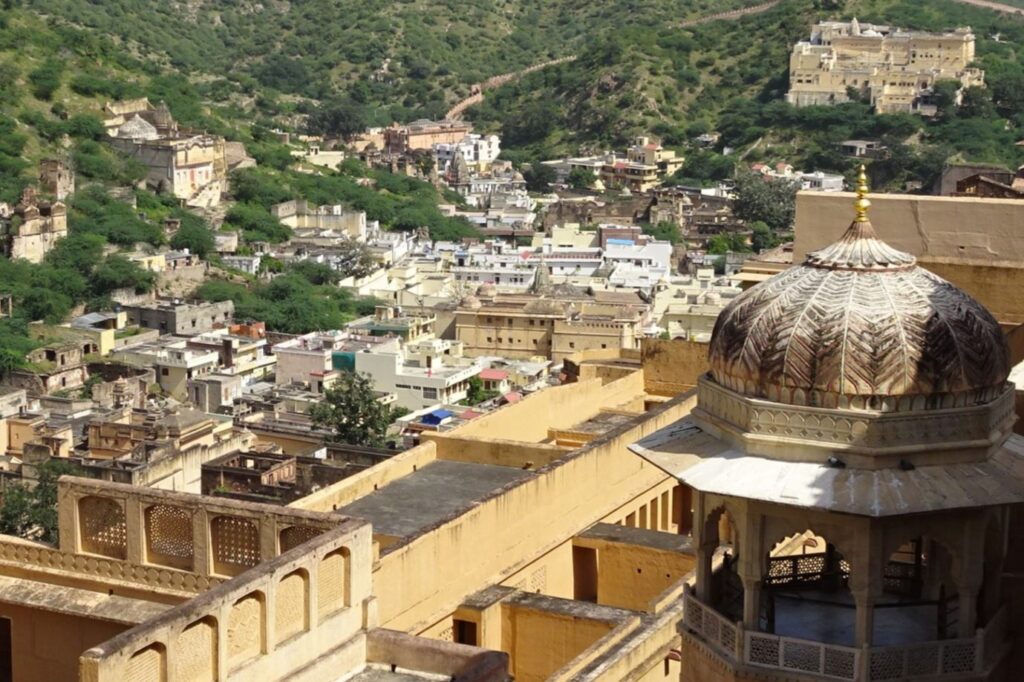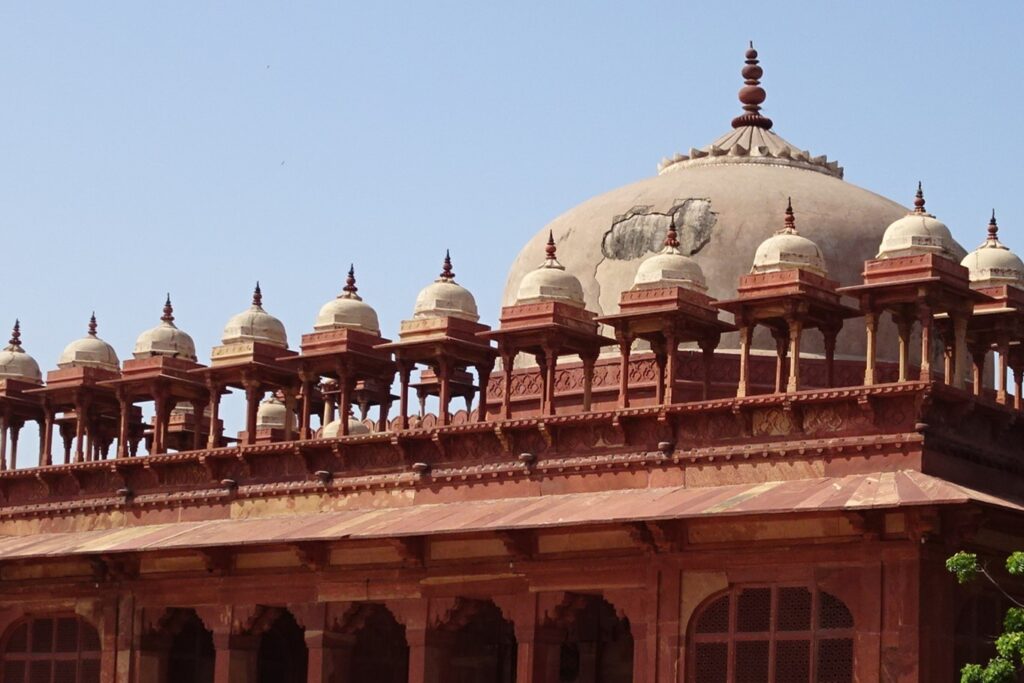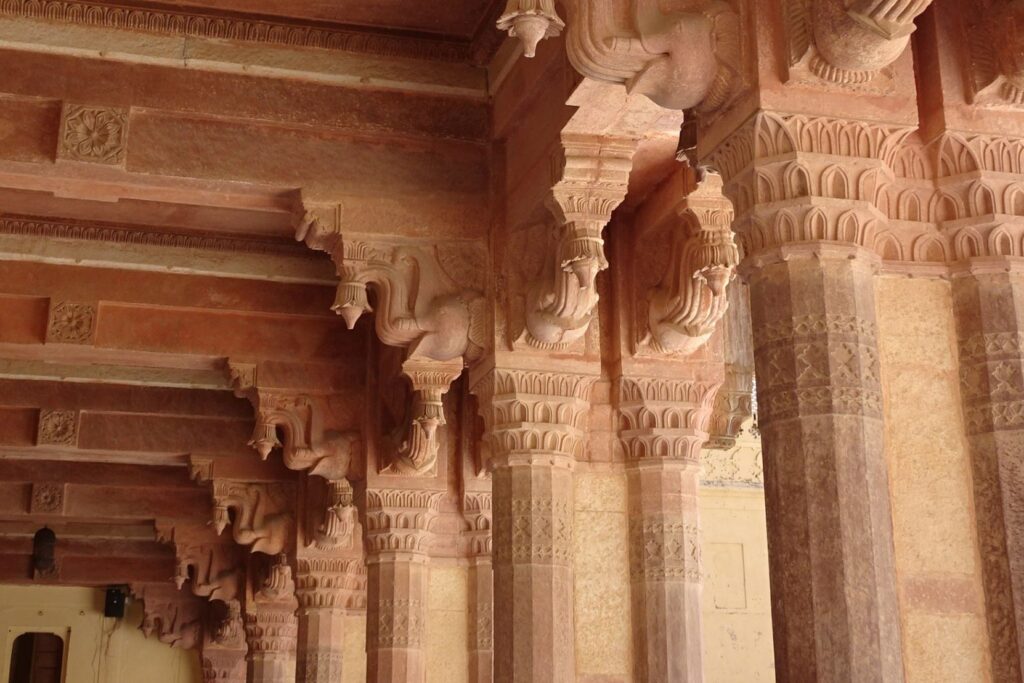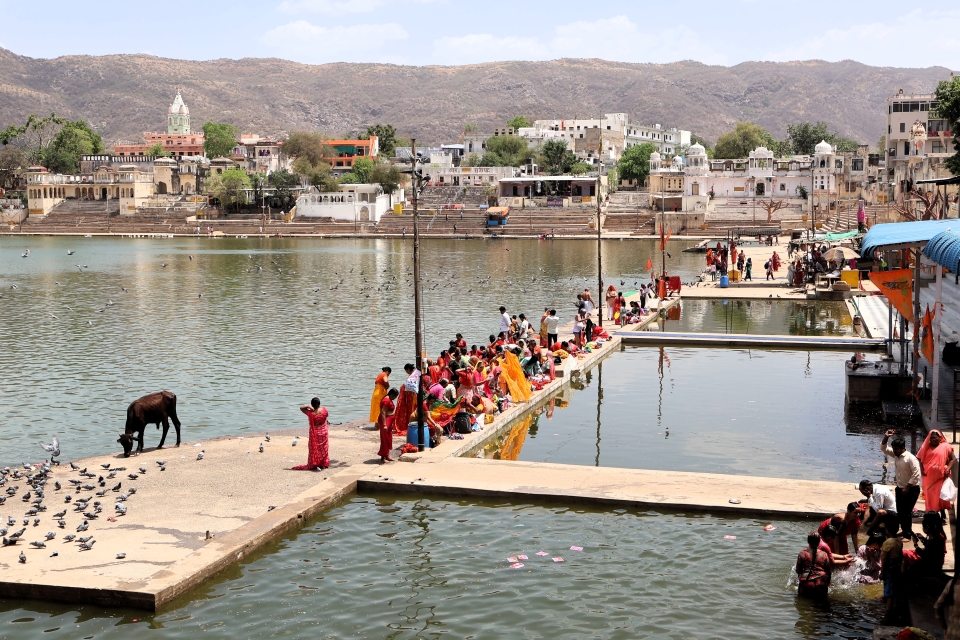Overview
Discover the highlights of Southern Vietnam with a diverse itinerary: explore Ho Chi Minh City’s Central Post Office, Notre Dame Cathedral, Saigon Opera House, Reunification Palace, and War Remnants Museum. Enjoy a full-day tour to the Mekong Delta, experiencing floating markets and a Bonsai Garden. Finally, delve into history with a half-day visit to the Cu Chi Tunnels.
Trip Highlights
- Most significant and historical buildings and sites of Ho Chi Minh City
- Visit floating market in Mekong river
- Discover a key aspect of Vietnam’s past by visit the Cu Chi Tunnels
Itinerary
Upon arriving in Ho Chi Minh City, our local representative will welcome you and escort you to your hotel. The remainder of the day is yours to spend as you wish.
Start your half-day in Ho Chi Minh City by visiting the Central Post Office and Notre Dame Cathedral Basilica. Continue to the Saigon Opera House, then explore the historical Reunification Palace. Conclude with a sobering visit to the War Remnants Museum, gaining insights into Vietnam's rich history and culture.
Embark on a full-day tour from Ho Chi Minh City to the Mekong Delta. Experience the vibrant floating markets and explore the lush Bonsai Garden as you navigate the canals. End your adventure with a delightful local dinner before returning to the city.
Spend a half-day touring the Cu Chi Tunnels, uncovering a crucial part of Vietnam's history. Learn about the Viet Cong's strategic operations during the Vietnam War as you explore this fascinating underground network.
Enjoy your free time at leisure until your transfer for the departure flight.
Tour concluded.
Tour price
Price vary depending on the season and number of participants. Feel free to contact us for a price quotation.
Price inclusion and exclusion
Cost Includes
- Return airport transfers
- 4 star hotel accommodation, twin share
- Meals as indicated in the itinerary
- Ground transfer during tour
- Admission to tour attractions
- Tour guide services
Cost excludes
- Airfare arrives to and depart from Ho Chi Minh City
- Entry visa for Vietnam
- Travel insurance
- Personal consumptions (hotel incidentals etc)
- Tour guide and driver tipping
Frequently asked questions
Most travelers need a visa to enter Vietnam. However, some nationalities are eligible for visa exemptions or can obtain a visa on arrival. Check the latest visa requirements for your country before traveling.
The best time to visit Vietnam is during the spring (March to April) and autumn (September to November) when the weather is generally mild and pleasant across the country.
The currency in Vietnam is the Vietnamese Dong (VND). Credit cards are widely accepted in major cities and tourist areas, but it’s advisable to carry cash for small purchases and in rural areas.
Vietnam is generally safe for tourists. However, like any destination, it’s important to stay vigilant, avoid carrying large sums of money, and be cautious in crowded areas to prevent petty theft.
Vietnamese cuisine is diverse and flavorful, featuring dishes like pho, banh mi, and fresh spring rolls. Vegetarian options are available, especially in larger cities and tourist areas, with dishes often based on tofu, vegetables, and rice.
Traveling between cities in Vietnam can be done by domestic flights, trains, buses, or private cars. Flights are the quickest option for long distances, while trains and buses are economical and offer scenic views.
English is commonly spoken in tourist areas, hotels, and major cities. However, in rural areas, English proficiency may be limited, so it’s useful to learn a few basic Vietnamese phrases.
Must-visit places in Vietnam include Hanoi, Halong Bay, Hoi An, Danang, Ho Chi Minh City, and the Mekong Delta. Each offers unique cultural, historical, and natural attractions.
Pack light, breathable clothing for the tropical climate, comfortable walking shoes, a hat, sunscreen, insect repellent, and a raincoat or umbrella. Don’t forget any necessary medications and travel documents.
Yes, dress modestly when visiting temples and religious sites, remove shoes before entering homes, and show respect to elders. Avoid public displays of affection and be mindful of local customs and traditions.
Rout map

